Movies
Latest about Movies
-
-
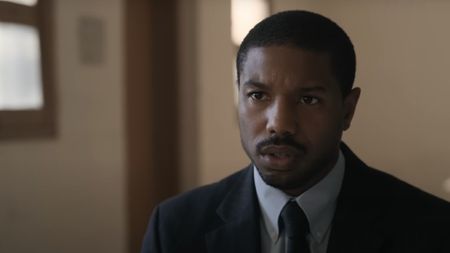
The Moment Michael B. Jordan Knew He Really Wanted To Act: ‘I Kind Of Started Chasing That’
By Eric Eisenberg Published -
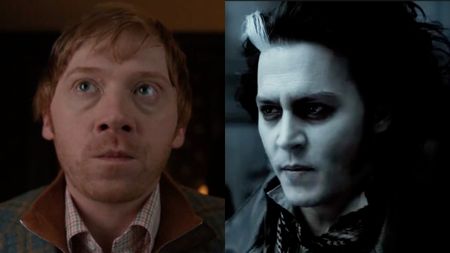
Johnny Depp Is Making A Comeback With The A Christmas Carol Movie, And Rupert Grint Has Two Choice Adjectives For His Performance
By Carly Levy Published -
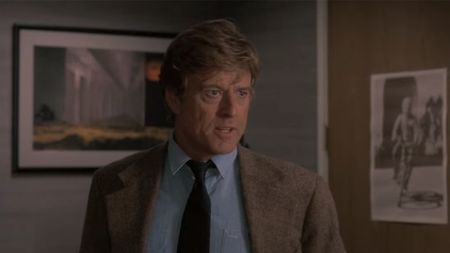
I Love The Movie Sneakers, But It Kind Of Ruins The Big Reveal At The End
By Hugh Scott Published -
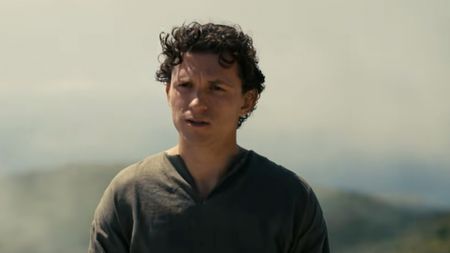
How One Studio Exec Feels About The Odyssey's Massive Budget (Even With The Flak It's Been Taking)
By Erik Swann Published -
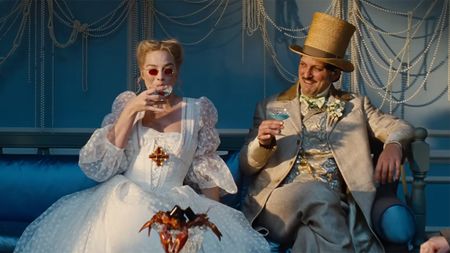
One Of The Biggest Box Office Weekends Of 2026 Sees Wuthering Heights Dominate For Valentine's Day
By Eric Eisenberg Published -
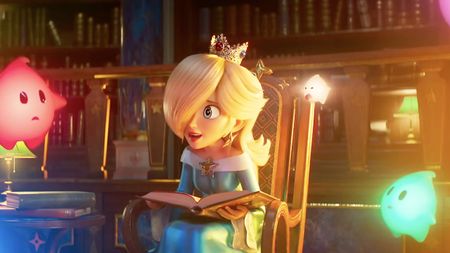
Brie Larson Shared Another Look At Rosalina In The Super Mario Galaxy Movie, And Fans Of The Game Are Loving One Detail
By Ryan LaBee Published -
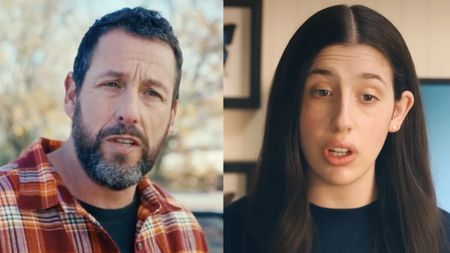
This Week In Weird Rumors Adam Sandler Says The Internet Made Up: A Story About Chanel And His Kid
By Ryan LaBee Published
-
Explore Movies
Box Office
-
-

One Of The Biggest Box Office Weekends Of 2026 Sees Wuthering Heights Dominate For Valentine's Day
By Eric Eisenberg Published -
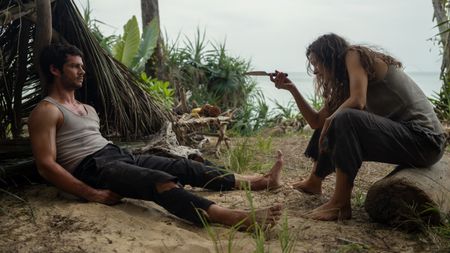
Send Help Survives At Number One With Solid Numbers On A Slow Box Office Weekend
By Eric Eisenberg Published -

Send Help Wins The Box Office With The Biggest Weekend Of 2026 So Far, But It Had Some Surprising Competition
By Eric Eisenberg Published -
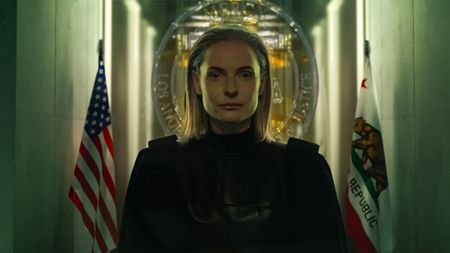
Avatar: Fire And Ash Falls From The Top Of The Weekend Box Office As Mercy Takes #1
By Eric Eisenberg Published -
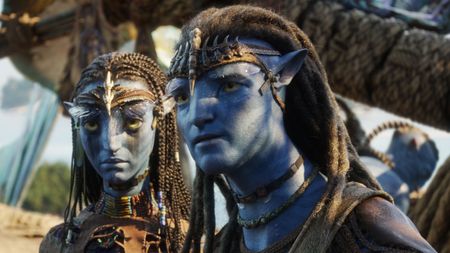
Will 28 Years Later: The Bone Temple Take Down Avatar: Fire And Ash At The Weekend Box Office? It's Going To Be A Photo Finish
By Eric Eisenberg Published -
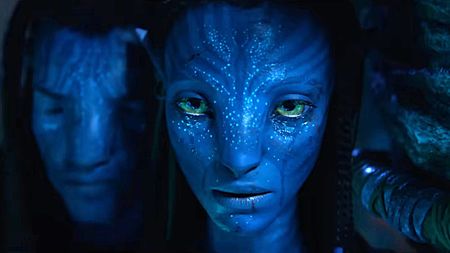
Primate And Greenland 2 Prove Light Competition For Avatar: Fire And Ash At The Weekend Box Office
By Eric Eisenberg Published -
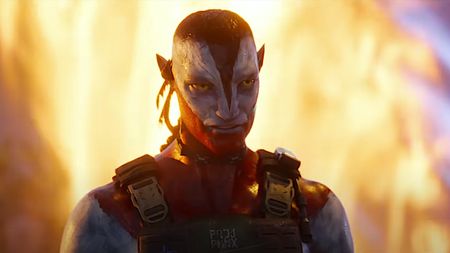
First Box Office Weekend Of 2026 Delivers Milestones For Avatar: Fire And Ash And The Housemaid
By Eric Eisenberg Published -

It's Christmas On Pandora As Avatar: Fire And Ash Has A Massive Second Weekend At The Box Office
By Eric Eisenberg Published -
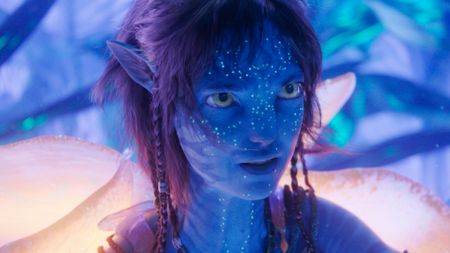
Avatar: Fire And Ash Rules The Weekend Box Office (Duh), But Questions Linger About The Future
By Eric Eisenberg Published
-
Features
-
-
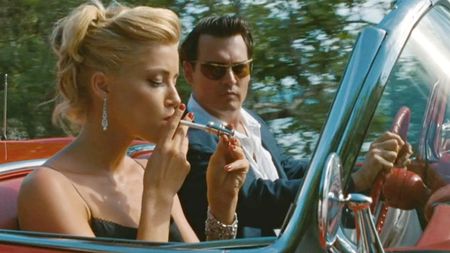
Johnny Depp And Amber Heard: A Timeline Of Their Professional And Personal Relationship
By Philip Sledge Last updated -
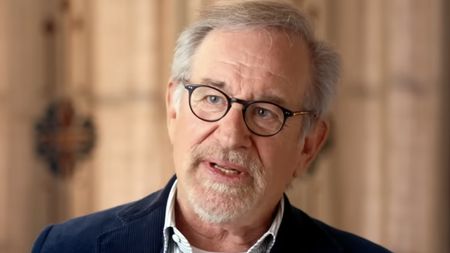
Steven Spielberg Is Now An EGOT Winner, Joining The List Of Celebrities To Earn An Emmy, Grammy, Oscar, And Tony Award
By Jerrica Tisdale Last updated -
 New Issue
New IssueBrace For Titan Action In Monarch: Legacy Of Monsters With The Latest Issue Of SFX
By SFX Published -
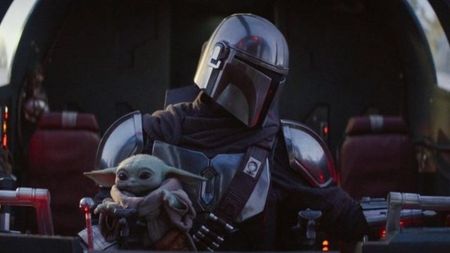
Upcoming Star Wars Movies And TV Shows
By Eric Eisenberg Last updated -
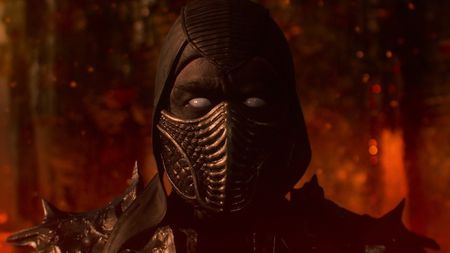
Upcoming Video Game Movies And Shows I Can’t Wait To See In 2026 And Beyond – Super Mario Galaxy, Mortal Kombat II, And More
By Philip Sledge Last updated -
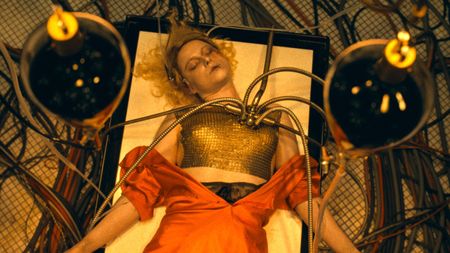
Upcoming Horror Movies: All The New Scary Movies Coming Out In 2026 And Beyond
By Sarah El-Mahmoud Last updated -
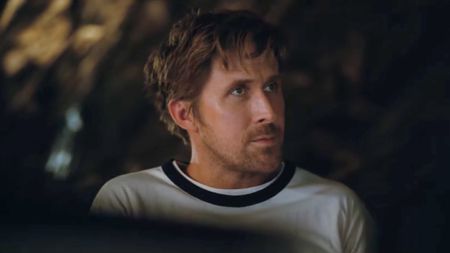
Upcoming Book-To-Screen Adaptations: What To Read Before The Movie Or TV Show
By Sarah El-Mahmoud Last updated -
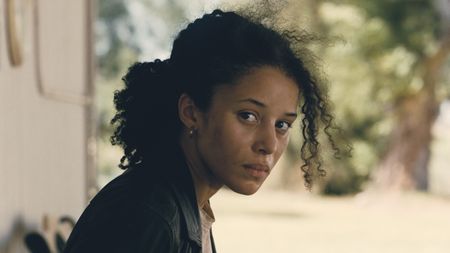
I Just Found Out One Battle After Another's Chase Infiniti Has 2 Upcoming Roles, And I'm Really Excited About It
By Sarah El-Mahmoud Published -
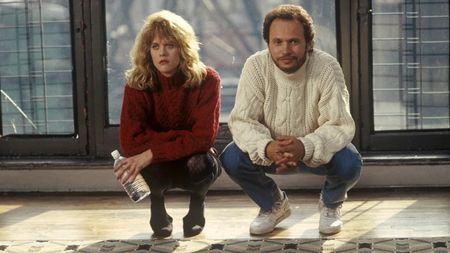
The Best Free Movies Online And Where To Watch Them
By Jason Wiese Last updated
-
More about Movies
-
-

This Week In Weird Rumors Adam Sandler Says The Internet Made Up: A Story About Chanel And His Kid
By Ryan LaBee Published -
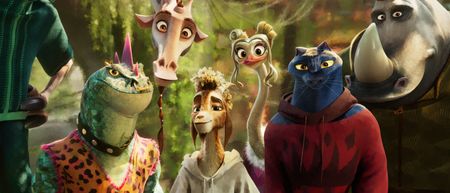
GOAT Review: Cute… But Very Far From The Greatest Of All Time
By Eric Eisenberg Published -
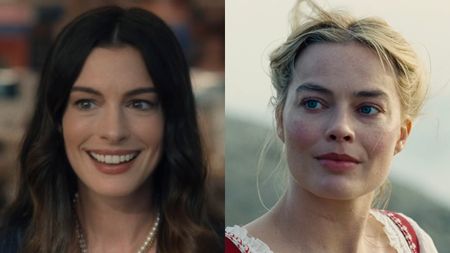
‘Consider Yourself Warned.’ Anne Hathaway’s Response To Seeing Wuthering Heights Is Going Viral
By Carly Levy Published
-